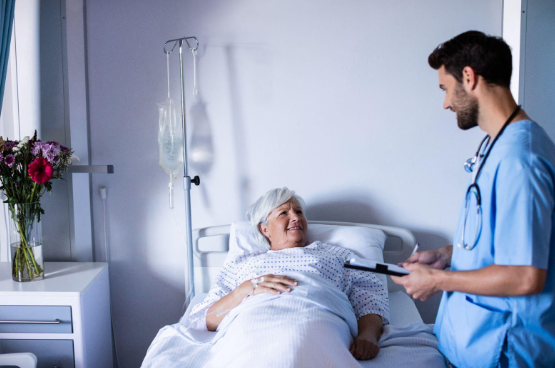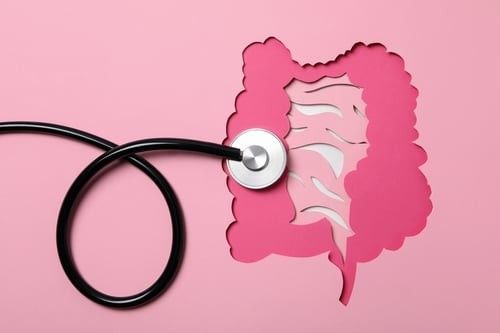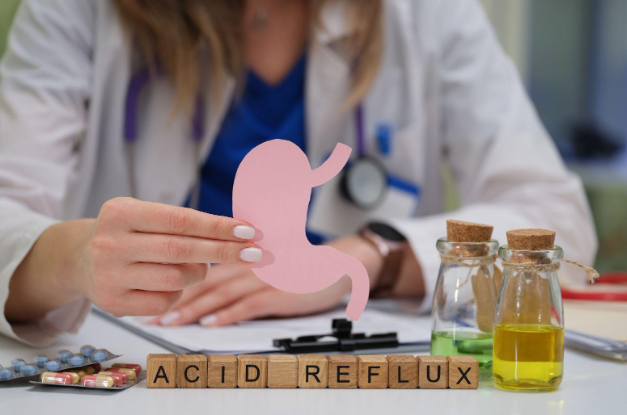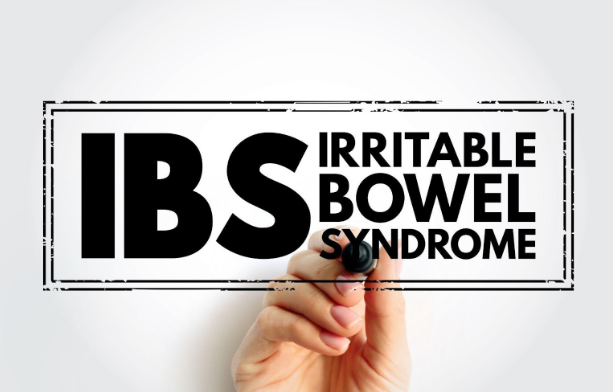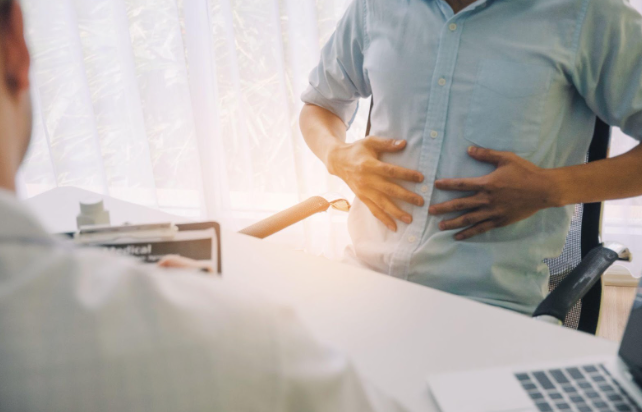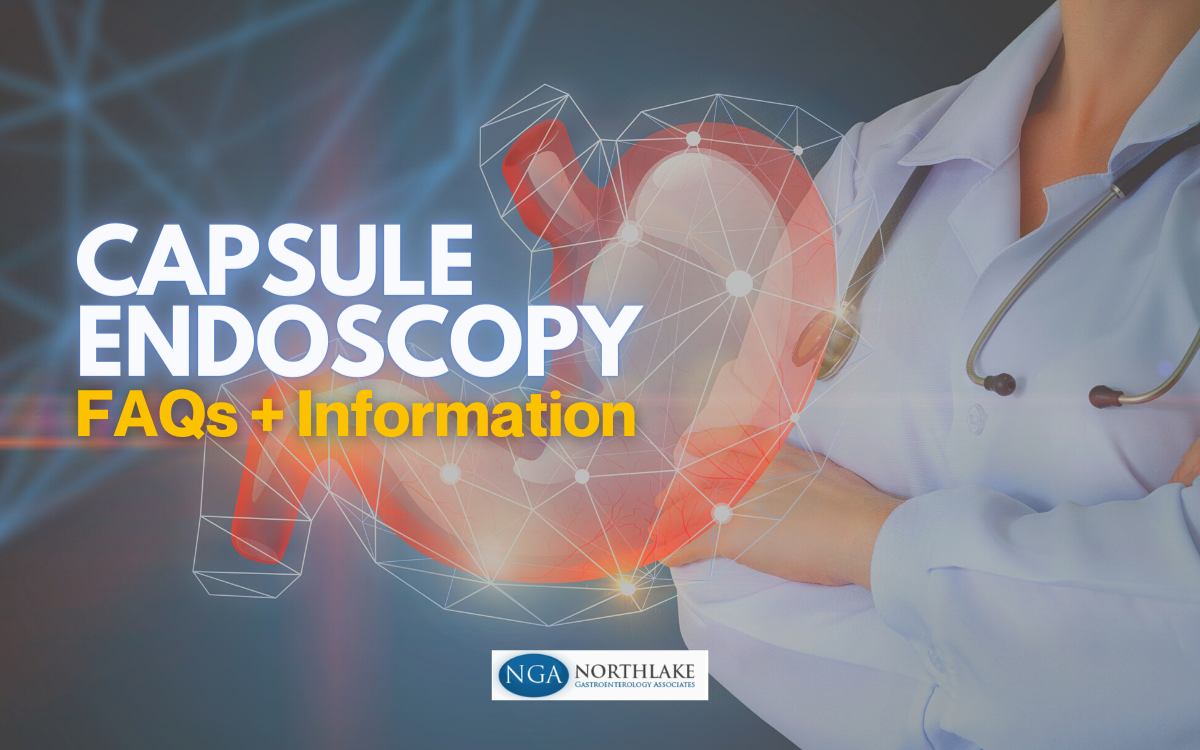
Questions and Answers About Capsule Endoscopy
What Is a Capsule Endoscopy?
Capsule endoscopy also called a "pill cam," is a procedure that examines portions of your small intestine. For this procedure, a camera no bigger than a vitamin pill is used by the gastroenterologist. You swallow the camera and a data recorder attached to a waist belt captures the images.
What Is the Procedure For?
An endoscopic examination of a capsule can reveal the cause of persistent or recurrent diseases. Some conditions that require an endoscopic examination may include:
● Diarrhea
● Abdominal pain
● Bleeding
● Persistent anemia
Likewise, capsule endoscopy can evaluate a chronic gastrointestinal disease. It will assess the extent to which the small intestine contributes to your discomfort. Additionally, the pill cam can record the time taken to pass each pancreas and ovaries.
What Is a Pill Cam?
Pill cams are little capsules you ingest. They're equipped with a miniature camera.
How Does the Pill Cam Work?
The capsule weighs no more than four grams and is 11 millimeters by 26 millimeters. It has a camera, light source, radio transmitter, and antenna. The device operates on batteries.
Once swallowed, the pill cam travels through the intestinal tract and eventually passes through the bowels. During this time, the camera manages to take millions of pictures per second, translating to two images every second over eight hours.
On your waist, you wear a data recorder, which transfers the images to a workstation computer.
What Preparation Is Required?
About 10 to 12 hours before capsule endoscopy, you'll be asked to not consume any food or beverages. An empty stomach is required to maximize viewing conditions. A mild laxative may be prescribed beforehand, or medication may be taken to cleanse the small intestines.
Men may have to shave their torso, as well as the upper pelvic area. This is because of the waist belt recorder's sensors attached to the skin.
What Do I Do the Day of the Procedure?
One of the most important aspects of capsule endoscopy is the cleansing ritual. Ten to twelve hours beforehand, you cannot drink or eat anything. Dress in loose, two-piece clothing.
You will swallow a pill cam with water and then the gastroenterologist will apply the sensors to your abdomen with adhesive pads. The belt you wear has a data recorder. It is connected to the sensors.
What Goes on During the Process?
In general, capsule endoscopy takes about eight hours to complete. You don’t need to remain in the physician's office throughout the procedure. However, you are not permitted to perform strenuous operations during the procedure.
What Exactly Does the Pill Do?
The camera moves through your digestive tract. The small data recorder captures thousands of color images as the pill cam passes through you. You must ensure the recorder is on by making sure the blinking light is on.
The images get sent to a workstation computer. The pictures are then strung together to make a video. This video is what your doctor watches to study small intestine surgery to help conclude what medical issue you may be experiencing.
Am I Still Required to Fast After the Initial Process?
Around two hours after the pill has been swallowed, you're allowed clear liquids. After four hours, a light snack is usually permitted but only if your clinician gives the okay. After the eight-hour completion, most patients return to a normal diet.
When the Eight Hours Pass, What Happens?
At the end of the procedure, you go back to the physician. The recorder is then removed. Once the doctor examines the recorded video, he compiles the results. This part of the process may take up to three weeks.
What Happens to the Capsule I Swallowed?
The endoscopic capsule passes through the body and comes out in a bowel movement. If you're unable to verify the capsule has been naturally expelled, the doctor will perform an abdominal X-ray to confirm it's gone. Until the confirmation of the pill cam's absence, you cannot undergo any type of radiological procedure such as an MRI.
The capsule does not need to be returned. Simply throw it away.
How Does Capsule Endoscopy Differ from Traditional Small Intestine Tracking?
The pill cam requires no sedation and you have it administered in the gastroenterologist's office. History shows patients who undergo the pill cam process return a high level of satisfaction compared to conventional gastrointestinal testing. The medical production is comfortable, convenient and there is no recovery time. Once completed, you can return to all your normal routines.
Are There Any Complications?
Most patients appear to be comfortable throughout the procedure. Complications are rare, especially if your physician has the proper training and experience.
One risk may be the retention of the capsule. This may occur if there is a tumor, inflammation, or stricture resulting from surgery. That's why it's important to discuss your medical history with your doctor before the procedure.
The following side effects may occur following the procedure: fever, vomiting, nausea, severe constipation, chest pain, and unusual bloating.
How Effective Is the Pill Cam?
The pill cam has become the standard for analyzing small bowel diseases. It is invaluable for discovering malignant tumors.
Where Can I Find Out More About Capsule Endoscopy?
Learn more about capsule endoscopies by contacting us at Northlake Gastroenterology.
More Blogs

